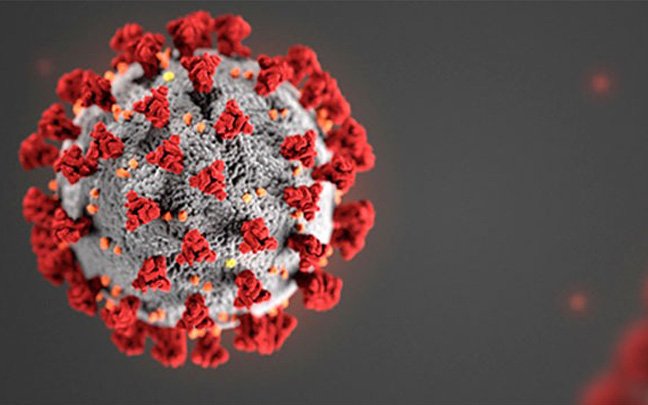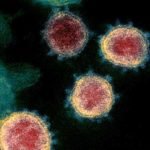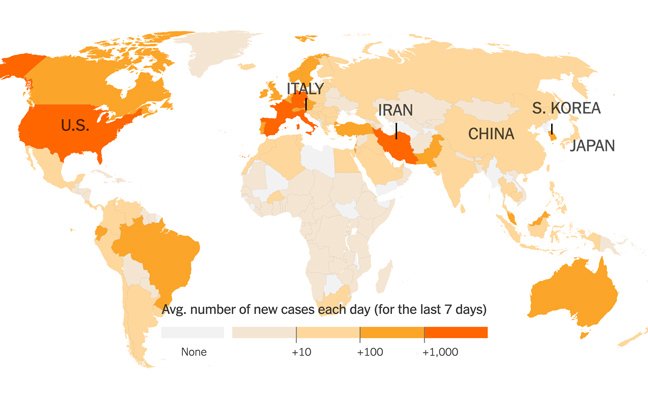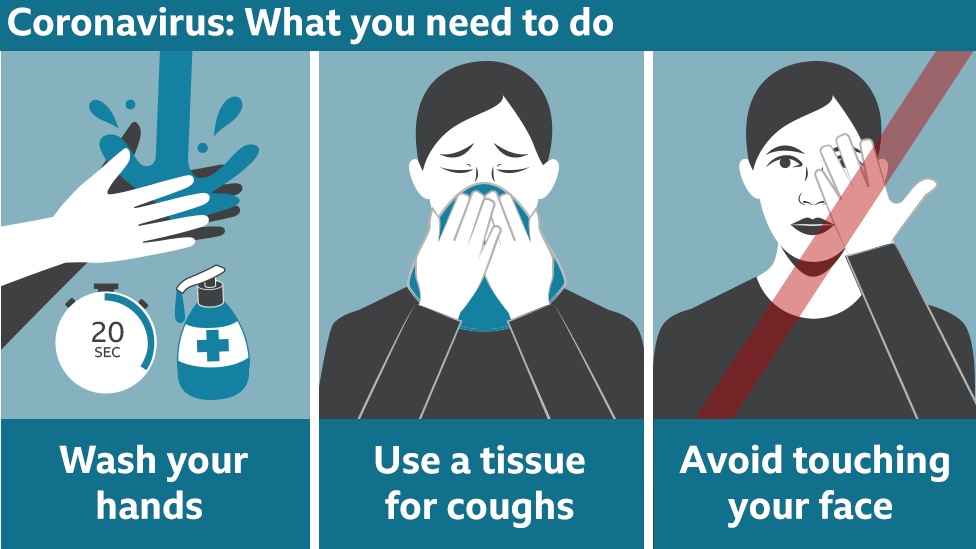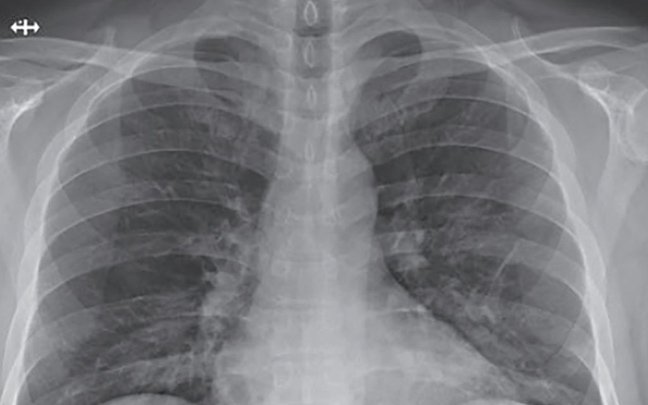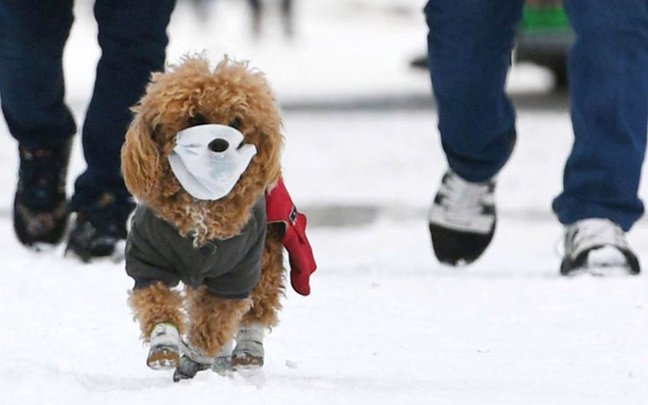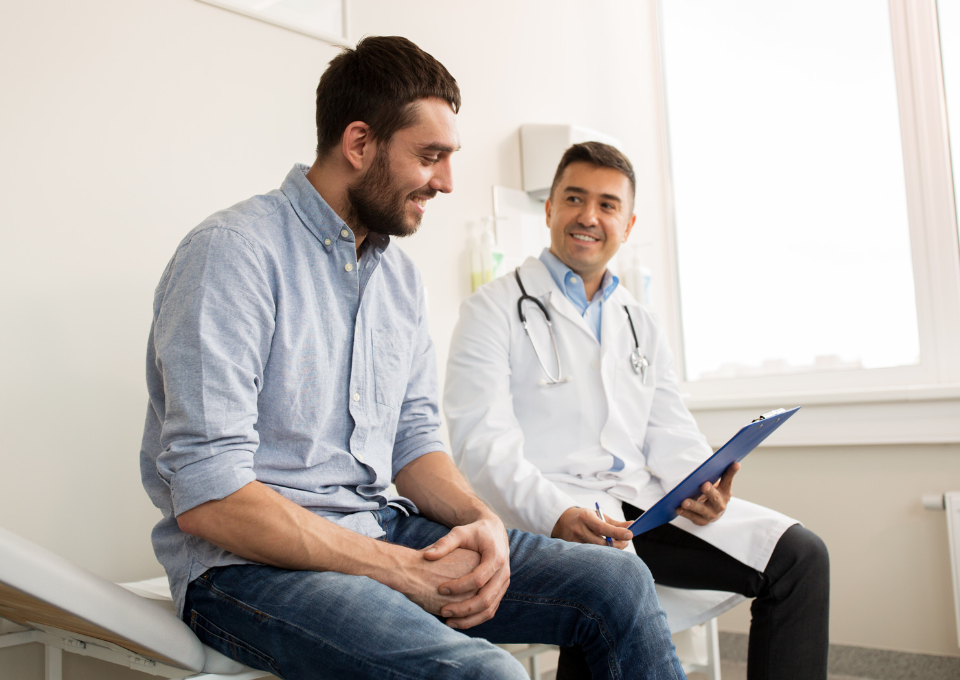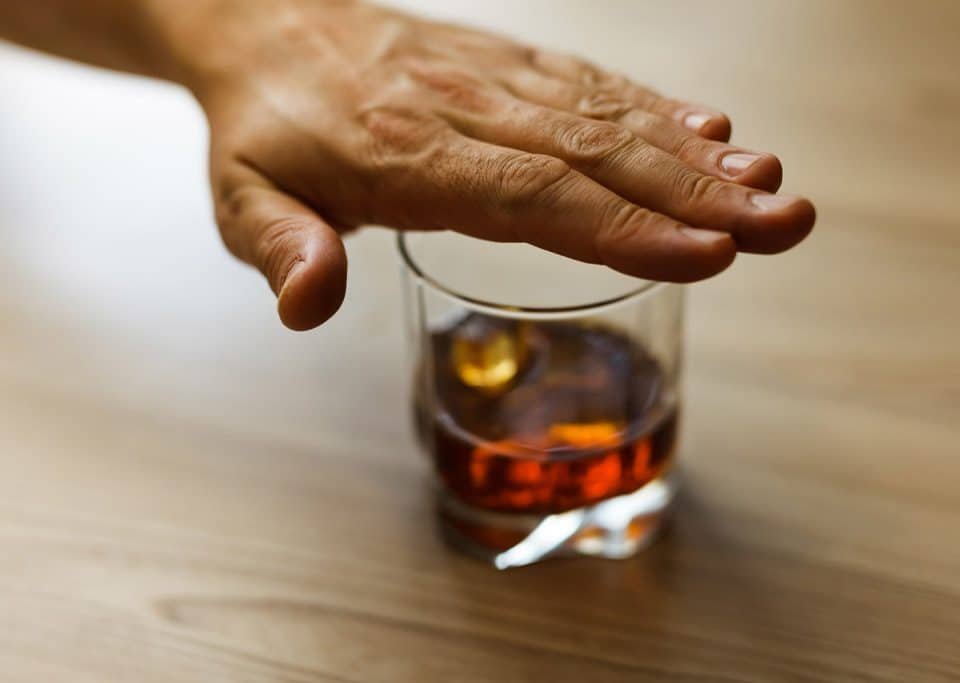The CDC and officials state that being informed and practicing self-hygiene is the best way to stop its spread chain and help to find Coronavirus treatment.
In this blog, Southern Nevada Occupational Health Center tries to answer some of the most frequent questions asked about coronavirus.
What is the (COVID-19) Coronavirus, and How to Prevent It?
It is a type of new respiratory virus that causes mild symptoms to severe pneumonia. Coronavirus was first identified in Wuhan City, Hubei Province, China. Now, more than 150 countries are dealing with coronavirus. Some countries like Italy have imposed strict quarantine around the country.
we cover all the information, precautions, and common questions asked by our clients at SNOHC about Coronavirus.
You can have more information about what is the Coronavirus (COVID-19) in this blog.
What are the Coronavirus Symptoms?
COVID-19 symptoms include fever, sore throat, cough, headache, runny nose. If your symptoms last for more than three days, visit healthcare centers immediately.
How Soon Do Symptoms of Coronavirus Appear after Infection?
Generally, the symptoms appear 2–14 days after exposure, but it depends on the type of virus and the immune system of the infected person.
Why is Coronavirus Different?
There are many different kinds of coronaviruses. Some of them just can cause the common cold. But COVID-19 is called novel because it has not been identified in humans before.
According to the reports, CDC makes preparation for a pandemic in the US. Scientists believe COVID 19 is unusual since it jumped from an animal to a human, which is rare. Then it became transmissible from human to human, which is even rarer.
While an infected person is not showing any symptoms, he can still be transmitting the COVID-19. This worries experts. Lack of understanding prevents scientists from finding coronavirus treatment. This worries experts more.
For Coronavirus Treatment, first, you should know how it spreads
Our current understanding of how COVID-19 spreads is based on recent findings, which are changing a lot. This makes coronavirus treatment harder. Mostly COVID-19 spreads person to person, while the general source is considered to be animals. It spreads, like the cold, by droplets when a person speaks, coughs or sneezes. These droplets can land on people’s nose, mouth, or eyes who are nearby. These droplets are too heavy to travel far through to the air. They travel approximately only 1 meter and quickly settle on surfaces.
You can be exposed when you are in close contact with someone who is sick. People are supposed to be most contagious when they have Coronavirus (COVID-19) symptoms. Reports indicate that people have become sick after coming in contact with someone with no or little symptoms. On average, it is estimated that a sick person will infect between two and three others.
It is wise to clear the surfaces you come in touch with regularly. You should, therefore, avoid touching your eyes, mouth, or nose since contaminated hands can transfer the virus from the surface to yourself. The most effective way to prevent coronavirus (COVID-19) is to frequently clean your hands with an alcohol-based hand rub or soap and water. Stopping the spread chain will help coronavirus treatment.
The latest areas of sustained community spread include China, South Korea, Japan, Iran, and Italy.
Does Coronavirus Spread Quickly? Does it affect coronavirus treatment?
Yes. Coronavirus has more contagious capability than the seasonal flu. What worries WHO, governments, and healthcare is the high rate of transmission.
The virus spreads pretty easily and quickly in a community. If simple preventive measures are not conducted, one infected person can contaminate two-three others. This puts more pressure on hospitals, their staff healthcare, and hinders finding coronavirus treatment.
How Long Coronavirus lasts/survives/lives on Surfaces?
Coronavirus does not infiltrate into the body from healthy skin but survives for 10m on the skin, so never touch your eyes or mouth with unwashed hands.
Coronavirus survives on cloth for 6-12 hours, on metal for 12-20 hours, and on steel for 20 days.
How is Coronavirus Diagnosed?
The common symptoms mentioned earlier is a sign that you are infected with the coronavirus. But, the infection can be diagnosed definitely by a test called PCR or Polymerase Chain Reaction. This test identifies the virus based on its genetic fingerprint.
Will warm weather help coronavirus treatment?
To somehow, yes. We know that Coronavirus survives in -60 Celsius by dies in +30 Celcius. So it’s better to do the washing and cleaning with hot water.
How can you help finding coronavirus treatment by protecting yourself?
Like HIV, Coronavirus affects the immune system. So, the elderly, people with a weak immune system, or those who suffer chronic illness are at a more level of risk.
Flu vaccination is the best defense during cold and flu season and would help in coronavirus treatment. Regular hand-washing accompanied by basic measures to improve your immune system to fight the illness: hydrate and eat nutritious foods, get enough sleep, and exercise.
To help find Coronavirus treatment, practicing preventive measures and stopping the transmission chain will be a breakthrough.
- Wash, at least for 20 seconds, your hands with soap and water. If not available, use alcohol-based hand sanitizers. 60% of alcohol ones will suffice.
- With unwashed hands, Avoid touching your eyes, nose, and mouth.
- Avoid any form of close contact with sick people.
- When you are sick, stay home.
- Cover your mouth and nose when coughing or sneezing with the bend of your elbow or use disposable tissue.
- For the frequently touched objects and surfaces, clean and disinfect them constantly.
- Since coronavirus is large, every kind of mask can protect you. But the mask must be dry to be protective. It means you need to change them regularly.
- There is no need to wash all of your clothes. Putting them under the sun or over the radiator will suffice.
- After washing hands, if you are not going to any infected place, use cream to prevent Eczema.
- Coronavirus will be wiped out by hot water and household detergents.
- Take a shower with hot water.
- Avoid cold drinks and food. Drink hot water (tea, coffee, etc.)
- Coronavirus gathers mostly in the nose, so wash it frequently with hot water.
- If access to hot water is not available, chew gum to keep your throat and saliva wet.
- Set suitable air conditioning for the office and home.
- During the day, hold your breath for 10-15 seconds, then breathe it out. If you cough or have shortness of breath, visit healthcare service immediately. Don’t procrastinate. It might get really late.
How Possible is it for you to get the Coronavirus?
Nobody knows exactly. No one knows when and how coronavirus treatment or vaccine will be found out. One definite-clear thing is that you should try to protect yourself from getting infected. Containment or keeping the infection under control is a good way to lift some pressure from hospitals and labs to let them find coronavirus treatment.
Does disinfecting most touched surfaces at home ease the coronavirus treatment?
Information and data are changing daily and even hour by hour about the Coronavirus. The most recent data says that hospitals, gas stations, and public places are the major source for transferring the coronavirus. During an epidemic, and in general, you spend most of your time at home, so your home can also be a major source of transferring viruses. It is absolutely necessary to clean and disinfect the frequently surfaces and objects at home to take one more step in coronavirus treatment.
They include:
- Fridge
- bathroom (esp. the toilet), bath and faucet
- Remote controls
- Light switches.
- Salt shaker
- Kitchen countertop
- Scour pad /Sponge
- Chopping board
- Toothbrush
- Trash Bin
- Door handles
- Sink
- Makeups
- Buttons on electrical items
- Door handles
- Laptop keyboard
- Cellphone
Safety Tips for the Prevention of Coronavirus at Home
CDC suggests to stay home if you are sick and avoid going out. But, in terms of an epidemic, staying home would be the best preventive measure. Italy and Iran (Persia) have imposed travel restrictions, and people barely get out of the home. Therefore, keeping the home and kitchen clean would be wise and is another useful step toward coronavirus treatment. Tips to consider for cleaning the house includes:
- Use alcohol-based sanitizers while cleaning outer parts of the house, such as the window.
- Disinfect outer handles on the door with alcohol-based sanitizers frequently.
- Put some alcohol-based sanitizers before the entrance of the house.
- All the shopping must be done by one member while practicing all hygiene points.
- Avoid sending kids to shopping.
- Don’t bring the shopping bags into the house.
- Disinfect the packages in case infected people may have touched them.
- Clean & disinfect fruits and vegetables before putting in the fridge.
- Wash hands before cooking.
- When coming back home, don’t bring shoes into the house. Put them out; better in open space and under the sun.
- Don’t touch your shoes without gloves. Wash your hands after touching shoes.
- Disinfect your cell phone, laptop, and keyboard daily.
- Consider putting outfits in a separate place.
- Disinfect light switches, elevator keys, and door handles daily.
- Don’t let kids play outside until the situation clears.
Should you be concerned over coronavirus treatment?
Yes and no. The experts say that there are other diseases which have a higher mortality rate than coronavirus that we haven’t found a treatment for. The problem with coronavirus is that it transfers really fast. We must stop the spread, then work on other steps.
When you
- Practice the general self-hygiene
- Avoid contacting with others, particularly those who have the symptoms of sickness as much as you can
- Skip traveling
- Stay out of public places
there shouldn’t be much concern over it.
If you develop shortness of breath or symptoms of respiratory illness, such as cough or fever, 14 days after travel to an affected country, you should contact a healthcare professional.

